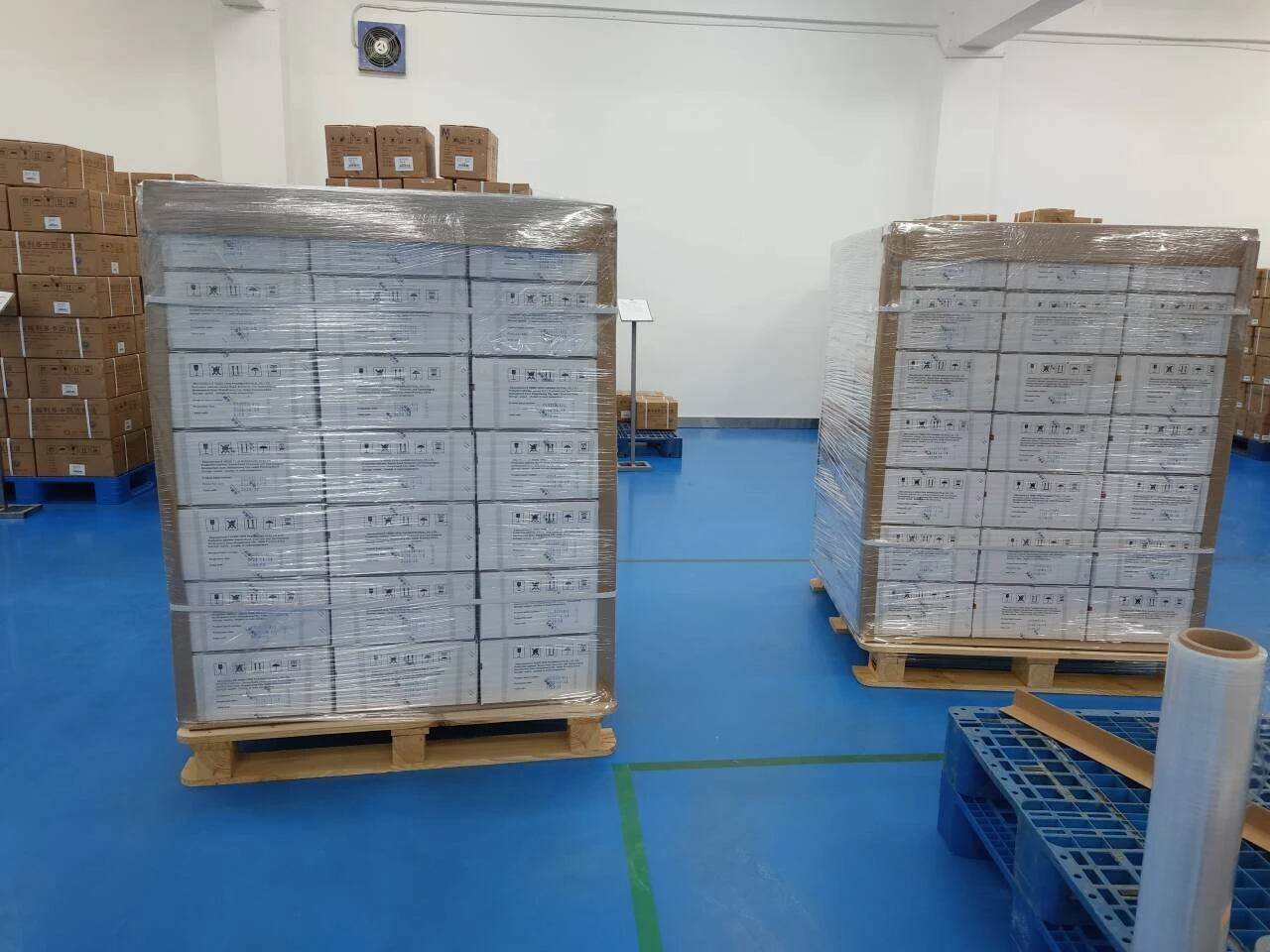Active Pharmaceutical Ingredients and Intermediates A Vital Aspect of the Pharmaceutical Industry
Active Pharmaceutical Ingredients (APIs) and their intermediates are crucial components in the development and manufacturing of pharmaceuticals. APIs are the biologically active substances in drugs that provide the intended therapeutic effect, while intermediates are the chemical compounds that serve as the building blocks in the synthesis of APIs. Understanding the roles, manufacturing processes, and quality control measures associated with these substances is essential for ensuring the efficacy and safety of medications.
The pharmaceutical industry relies heavily on APIs to deliver treatments for a wide range of medical conditions. These ingredients can be derived from natural sources, such as plants, or synthesized through chemical processes in the laboratory. Synthesis of APIs often involves several steps, wherein intermediates are produced at various stages of the process. These intermediates play a critical role as they can help streamline the synthesis and improve the yield of the final API.
The production of APIs and intermediates is a complex interplay of chemistry, engineering, and regulation. Manufacturers must adhere to strict guidelines to ensure that the products meet the high standards set by regulatory bodies such as the Food and Drug Administration (FDA) in the United States and the European Medicines Agency (EMA) in Europe. These agencies have established Good Manufacturing Practice (GMP) regulations that emphasize quality control, documentation, and traceability throughout the production process.
active pharmaceutical ingredients and intermediates

Quality control is integral to the manufacturing of APIs and intermediates. Rigorous testing is conducted at various stages to identify any impurities or deviations from specifications. Techniques such as High-Performance Liquid Chromatography (HPLC), Gas Chromatography (GC), and Mass Spectrometry (MS) are often employed to ensure the purity and consistency of the compounds. Furthermore, stability testing is also conducted to assess how these substances react over time and under different environmental conditions.
In addition to quality considerations, the economic aspects of producing APIs and intermediates cannot be overlooked. The demand for APIs is influenced by the pharmaceutical market's growth, which is driven by factors such as aging populations, the prevalence of chronic diseases, and advancements in medicine. Manufacturers must also consider the competitive landscape, as the globalization of the pharmaceutical supply chain often leads to cost pressures. This has resulted in a trend toward outsourcing API production to countries with lower manufacturing costs, raising concerns about quality and regulatory compliance.
Sustainability is becoming increasingly important in the production of APIs and intermediates. The pharmaceutical industry is actively seeking ways to minimize its environmental impact, leading to the adoption of greener synthesis methods. This includes the use of renewable resources, energy-efficient processes, and waste reduction strategies. Manufacturers are also investing in research and development to discover new APIs that may offer more effective treatments with fewer side effects, thereby improving patient outcomes.
In conclusion, active pharmaceutical ingredients and intermediates are essential for the successful development of drugs that improve health outcomes. Their production involves a delicate balance of chemistry, regulation, and economic considerations that must be managed carefully. As the industry continues to evolve, emphasis on quality control, sustainability, and innovative processes will remain vital. By ensuring the integrity of APIs and intermediates, the pharmaceutical industry can deliver safe and effective therapies to patients worldwide, ultimately contributing to global health efforts.

